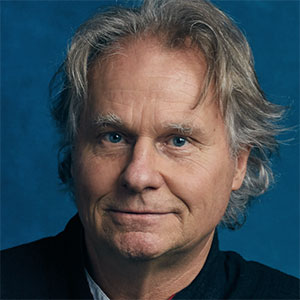“I’m very proud and happy to say that I wouldn’t write the way I write, I wouldn’t think the way I think, I wouldn’t treat gay people the way I treat gay people, I wouldn’t treat women the way I treat women, I wouldn’t understand the power and resonance of biology- of nature itself, if I hadn’t taken psychedelics.”
Coca: The Divine Leaf of Immortality.
“Our mission is to stimulate research that will document coca’s medical and therapeutic benefits, with the goal of making available for all people a plant that promises to improve their well-being and ease the day-to-day challenges of their lives.”
Transcript Abstract
Coca is less a high than a meditation. The etiquette of hallpay, the totality of the act of using the plant – the exchange and salutations, the way one places the leaves in the mouth, the attitude of reverence and respect- in a very real sense defines what it means to be Runakuna, a child of Pachamama. To chew coca is to transcend self and become part of the social, moral and spiritual nexus that gives meaning to life. To be without coca is a form of social and spiritual death, an excommunication from existence itself. Efforts to deny access to the leaves, to eradicate the traditional fields, are the policies of cultural genocide. Our mission is to stimulate research that will document coca’s medical and therapeutic benefits, with the goal of making available for all people a plant that promises to improve their well-being and ease the day-to-day challenges of their lives. The liberation of the leaves will undermine the black-market trade, and reduce deforestation by opening up for cultivation lands long ago cleared and abandoned, even while supporting the 120,000 Colombian families who grow the plant for a living, allowing them to sever their ties to the cartels. Through taxation, a legal market in coca will generate for Colombia the revenues that will allow a long-suffering nation to pay the price of peace, having drained its treasury for 50 years to cover the costs of a war only made possible by the sordid profits of prohibition.

